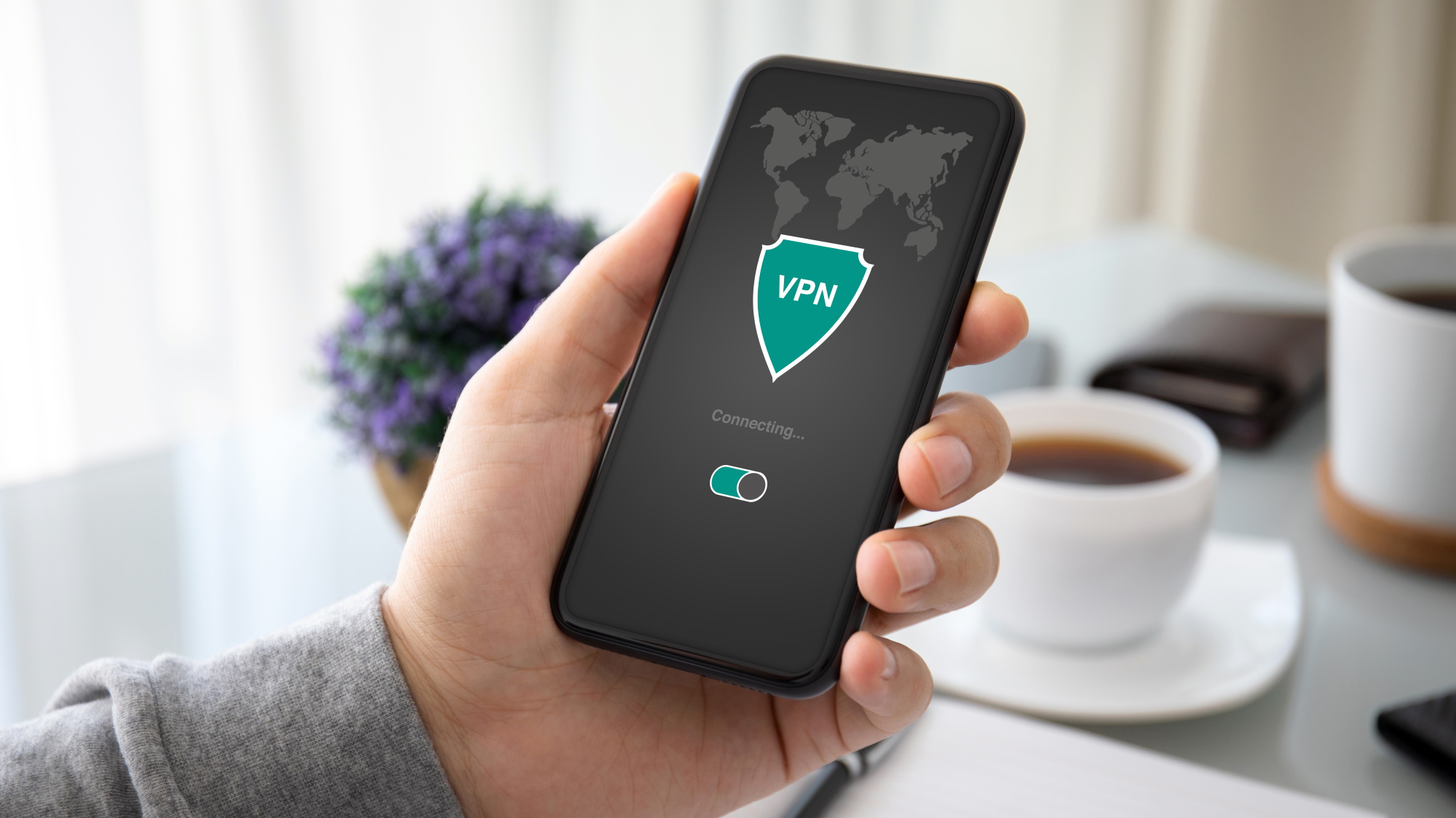When you switch on a VPN, it creates an encrypted connection (sometimes called a “tunnel”) between your device and a remote server operated by the VPN service. All your internet traffic is routed through this tunnel to the server, which then sends the traffic off to the public internet as usual. Data coming back to your device makes the same trip: from the internet, to the VPN server, through the encrypted connection, and back to your machine.
Keep in mind that you don’t need another company to set up a VPN. There are a few options out there to set up your own, such as Outline. Doing so is fairly straightforward, but you’ll either need to maintain a server or rent one, which is less simple. While there are some efforts to make self-hosted VPNs more accessible, it’s something best left to tinkerers who are eager to get their hands (digitally) dirty.
Do VPNs Make You Anonymous Online?
By encrypting your traffic and routing it through a VPN server, it is harder but not impossible for observers to identify you and track your movements online. No VPNs provide total anonymity, but they can help improve your privacy.
For example, your internet service provider (ISP) is probably the single entity with the most insight into what you do online. The FTC issued a report in 2021 outlining exactly how much your ISP knows about what you do online, and it’s a lot. Worse, thanks to Congress, your ISP can sell anonymized customer data. If you don’t like that a company you’re already paying is profiting from your data, or if you have concerns about ISPs hoarding detailed information about your activities, a VPN will help. Not even your ISP can see your web traffic when you use a VPN.
VPNs also make it harder for advertisers and others to track you online. Normally, data is transmitted from the internet to your device using its IP address. When the VPN is active, your true IP address is hidden, and anyone watching you can only see the IP address of the VPN server. By hiding your real IP address, VPNs deny snoops one tool used to identify and track you online.
Despite that, VPNs do not make you fully anonymous online. Advertisers, for instance, have numerous ways to identify and track you as you move across the web. Trackers and cookies in websites try to uniquely identify you and then watch for where you appear next.
Sites and advertisers can also identify you by noting several unique characteristics, such as browser version, screen size, and so on. This information is harmless on its own, but when companies compile enough of these identifiers, they form a unique signature—so much so that the process is called browser fingerprinting.
That’s not to mention the privacy we give up in exchange for services. Amazon, Google, and Meta (formerly Facebook) have become pillars of the modern internet infrastructure and are impossible to avoid completely. Even if you deleted all your accounts and never used them again, they’d still probably be able to harvest data on you.
These privacy threats require tools other than VPNs. Ad and tracker blockers, like those found in some browsers or as standalone tools like the EFF’s Privacy Badger, address some of these concerns.
Using Tor can guard your privacy even better than a VPN and grant you access to the Dark Web. Unlike a VPN, Tor bounces your traffic through several volunteer server nodes, making it much harder to trace. It’s also managed by a nonprofit organization and distributed for free. Some VPN services will even connect to Tor via VPN, making this arcane system easier to access. The cost of your internet connection is high, however, as using Tor will degrade your connection much more than a VPN. Tor isn’t perfect either, and it, too, has plenty of weaknesses to consider.
Keep in mind that law enforcement and government agencies have access to more advanced and invasive techniques. Given enough time, a determined, well-funded adversary can usually get what it’s after.
Do VPNs Protect Against Malware?
Several VPNs say they include some protection against malicious files. Sometimes, this is basic protection against known malicious sites and files. Some VPN services include dedicated antivirus tools as well, and some antivirus companies now offer VPNs.
























